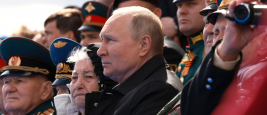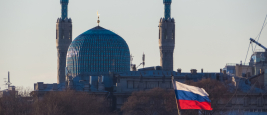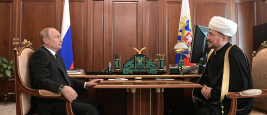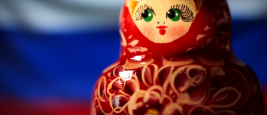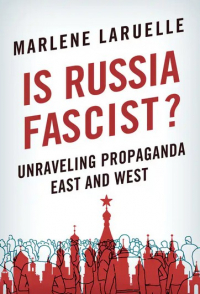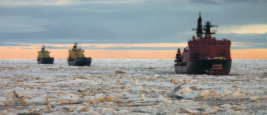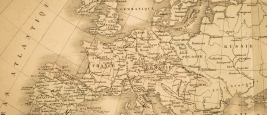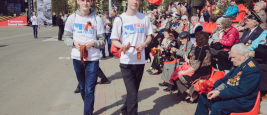
Marlène LARUELLE
Former Associate Research Fellow, Russia / Eurasia Center
Research Interests:
- Russian ideological production and soft power
- Illiberal movements
- Russian Arctic policy
Marlène Laruelle is an Associate Research Fellow at Ifri's Russia / Eurasia Center, a Researcher, Professor, and the Director of the Institute for European, Russian and Eurasian Studies (IERES) at the George Washington University (Washington DC), and co-Director of PONARS-Eurasia. She works on Russian ideological production and Russia's soft power abroad, as well as on the rise of illiberal movements in Europe, Eurasia and the United States. She also works on Russian Arctic policy. From January 2019 to March 2024, she was an Associate Research Fellow at Ifri’s Russia/NIS Center.
Her lattest publications include Is Russia Fascist (Ithaca: Cornell University Press, 2021), La Russie entre peurs et défis (Armand Colin, 2016, with Jean Radvanyi), released in a revised and updated English version Understanding Russia. The Challenges of Transformation (Lanham: Rowman and Littlefield, 2018), and Russian Nationalism. Imaginaries, Doctrines, and Political Battlefields (Routledge, 2018).
Since the full-scale invasion of Ukraine on February 24, 2022, the Russian government has been proactive in the ideological realm to ensure the sustainability of the war for Russian society.
While Russia’s military invasion of Ukraine has resulted in a decoupling with the West on a scale not seen since the worst years of the Cold War, Russia has not been isolated from the non-Western world and has even reinvested its diplomatic energy toward the Global South.
Russia’s Islam has been much more than the two Chechen wars, and regular terrorist actions that have shaken the Russian territory. Islam constitutes an integral part of Russia’s history and culture, and the Putin regime regularly celebrates Islam’s contribution to the country and its great...
This paper argues that Russia’s soft power should be understood as a niche soft power, microtargeting some specific audiences based on four particularisms:
The charge of "fascism" has become a strategic narrative of the current world order.
Despite the deterioration of its relations with the West and economic stagnation limiting its room for maneuver, Russia continues to have an ambitious policy for the Arctic region.
Central Asia is conventionally seen as a conflicting space for great powers.
What makes the militia milieu so unique and important for understanding today’s Russia is that it finds itself at the intersection of state institutions, patronage mechanisms, criminal structures, and grassroots illiberal activism.
Like the proverbial cat, some concepts have several lives. Or, like the mythological phoenix, they can be reborn from the ashes. This is certainly the case of the Intermarium, a geopolitical concept that envisaged an alliance of countries reaching from the Baltic Sea over the Black Sea to the...
Of Russia’s 146 million citizens (if we include those in Crimea), 63 million—or 43 percent—are under 34 years of age. Of these, 30 million belong to Generation Y (millennials in their 20s and early 30s), 15 million belong to Gen Z (teenagers), and a further 18 million are part of the youngest...




